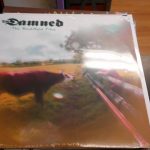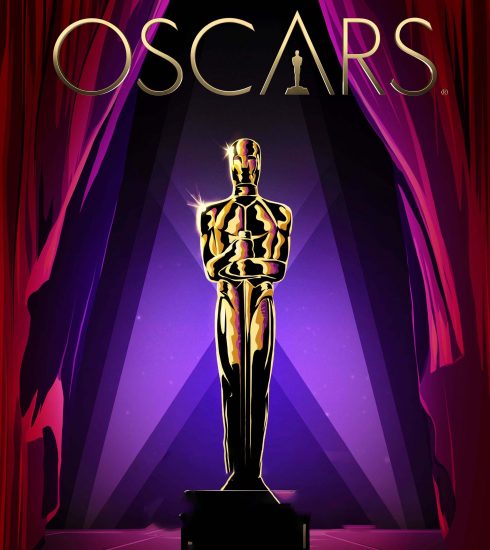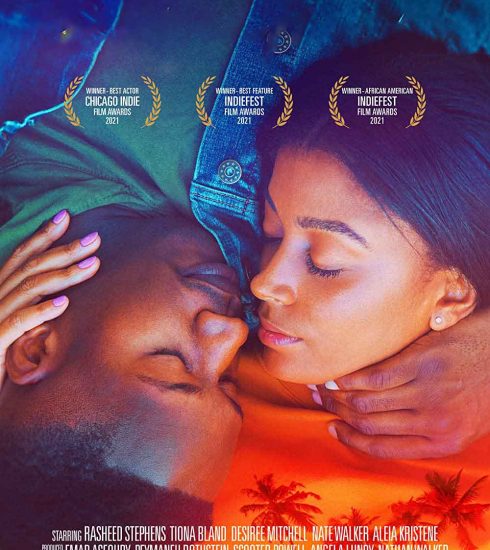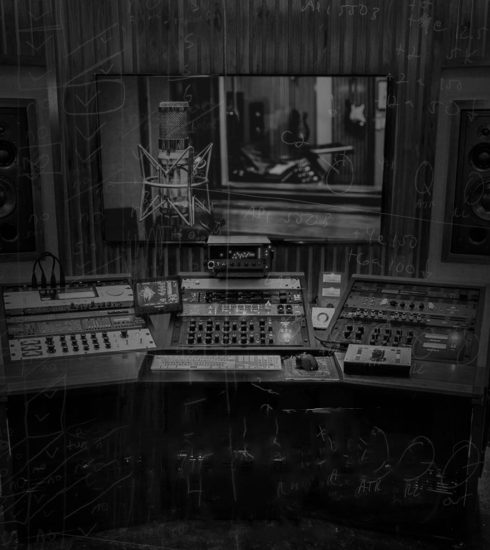Riot On The Dance Floor is a soon to be released film documentary about the now legendary City Gardens, a now long defunct music club/venue, situated in a ghetto neighborhood of Trenton, NJ. Bands such as the Ramones, Green Day and Henry Rollins, as well as punk and thrash metal bands frequented its stage; many with regularity.
“The club was dark, dingy and yet it worked,” said the venue’s main man and booking agent; DJ Randy Now. “Funny thing is that everybody wants to talk to me about it but it (the club) never would’ve happened without the Nalbone family. They did the dirty work, they handled the politics, bar, the government and fixed the very bad leaking roof.”
Now’s involvement with the club came about the old fashioned way, before social media and the internet, “I answered an ad in the Trentonian newspaper. I wanted to take this from a blues to a new wave club, the first week didn’t go so well but then the college kids found out about it and it soon became a hundred to sometimes two hundred people in the place.”
“Why did I make this film? I made it because I went to the club,” said the film’s maker Steve Tozzi. “I met a lot of people there; interesting people, people who shaped my youth. It was the uniqueness of the club, that’s what it was, there were not many like it around. There was Max’s in Kansas City, CBGB in New York or the 930 Club in D.C. and that was about it. Trenton was not a city like New York or D.C where there were already people there; people came to Trenton just for the club. The location didn’t do the club much good, it was an old building and a tough place but Randy, he was the polar opposite. He wanted to build a scene and he did build it; he pushed the music not the bar. I also wanted to do a story on New Jersey, something unique to Trenton and to the state so…”
With that, Tozzi began his quest to bring the club’s history to film. The countless musicians who passed through its doors all had stories to tell, from the punk rockers to Joan Jett; City Gardens and even Now himself, housed and heard just about everything there was to hear from these unique acts. “You wouldn’t believe the people who slept on my couch,” says Now with a chuckle. “That place brought so many famous or now famous people to Trenton.”
“I started filming three years ago at rough intervals,” explains Tozzi. “Trying to find audio and artists who played there multiple times wasn’t easy; the place closed down nearly twenty years ago and they stopped with live bands before that. Then there was a question of financing the film, I used a Kickstarter for the funding and the film production ended last summer. The last thing we shot was footage from inside the club itself and it wasn’t a lot of footage; the video quality came out poor so we relied more on still photos.”
A youthful Tozzi frequented the club during its glory years and mentions bands such as Jack Irons, the Red Hot Chili Peppers, The Shades and The Groceries, along with personal favorites Johnny Pompadour and Sim Cain as memories and part of the club’s storied past. “Early punk bands, fellow radio DJs, ska bands were the biggest players but Pompadour stayed with the club a long time and was a great story teller. He was the best interview I’ve ever had. During the filming, I learned so much, these bands all trusted Randy, a lot of people knew that they could count on him; lots of bands praised him without being prompted to do so.”
In a recent interview with Now, he was asked about his role and/or perceived impact on these bands and artists lives and careers; his response was akin to that of an hourly employee and not a man who had an eye for raw talent. “I blush,” he laughed loudly. “I just did my job. I never once asked for a photo or an autograph for the first two years but then it went from fun to a job. I never used the word lucky, it wasn’t luck that brought these acts in; it was hard work dealing with it all. We had no book, no instructions to follow, we just did it.”
Now laughs when asked about the film and the recently released book about the club titled “No Slam Dancing, No Stage Diving, No Spikes Allowed” the title taken from a sign that adorned the club wall. “Steve was another one who said to me, “I wanna make a film on City Gardens.” So I gave him Ken Salerno’s information and it just went from there. I’ve heard that so many times, from so many people, that I just kind of figured, yeah well, ok, good luck. It never fails to surprise me how the club still intrigues people.”
Armed with information and memories, Tozzi set out to prove to Randy that he was different than the others. “I went to the club but only during a certain time frame; for the film I wanted to get it all. I wanted to know what went on before I started going, what it took to produce a show. I discovered that most of the bands came for Randy. Randy explained what he as a promoter actually did; there were times he paid out of pocket to cover the bands and I learned about what he did, about the amount of work that went into one show for one night. Getting that information from Randy was huge, the musicians viewed City Gardens as a stopover, a go between their gigs in New York City and Philly or Washington D.C.”
The club had major issues over its existence. Fights, riots and general ill will permeated the club’s atmosphere at times and it eventually played a role in the building shuttering its doors. “The club turned violent,” says “No Slam Dancing….” author Amy Yates Wuelfing. “When it closed for good in 1999, there was just too much going on between Randy, Frank the owner, lawsuits, etc.; it just wasn’t worth keeping open.” Now has a similar, yet different view on things, “They stopped having bands in ’94; it was all DJs from that point on. I stuck around until ’96 but then I left. I don’t know, it ran its course I guess. Clubs like Katmandu took over the scene but hey, how many clubs or bars that had bands can say that they were open and kept it going for twenty years?”
Tozzi shot footage, researched, interviewed and even followed Randy around, setting up radio and print interviews in hopes of learning more or obtaining a new tidbit of information that perhaps Now had not divulged during any times prior. When asked about their expectations of the film, the two men have viewpoints as different as their personalities. When asked about his legacy and the film, his response was candid yet typical Randy, “I hope in my heart, oh geez I don’t know,” he started and stopped, as if in a rare moment, he was lost for words. “The biggest surprise about the place, was that it was in Trenton. A capital city town with no book stores and no movie theaters; yet somehow we succeeded. The Film? We’ll have to just wait and see; it could flop (laughing) or propel us into the stratosphere. I don’t know but we’ll find out soon.” Tozzi’s reply was more in line with what one might expect from a relatively new film maker; applauding the process and the journey more so than any possible rewards. “My expectations were never low but I didn’t do this to make money. My goal was to tell the story and encapsulate what the club meant to those who went there and to Randy; so as far as I am concerned my expectations have been met. Anything beyond that is great but to tell the story and what I just said about Randy was kind of my goal; so yeah, anything else above that is a bonus.”
“Riot On the Dance Floor” has been featured on former City Gardens bartender Jon Stewart’s Daily Show and been hand picked by several independent film festivals; most recently by one in New Hope, PA. This Monday and Tuesday August 11 and 12 the film has sold out both showings at Randy Now’s Man Cave, the current home of Now’s latest venture, located at 134 Farnsworth Ave. in Bordentown City, NJ. The Man Cave features collectibles, rare records and recordings and is full of curiosities. These two shows at The Man Cave have Tozzi right on schedule with the film and its release. “I had planned on showing the film now in the summer with a DVD release by the end of the summer. I’ve been asked why I’m releasing the two so close together and I want to get it out there. I’ve been approached by some theaters but not too much in that way, so I can release it on my terms like this.”
To find out more about “Riot On The Dance Floor” please go to www.citygardensfilm.com. To discover more about Randy Now’s Man Cave, please visit www.mancavenj.com.





